
Culture
13:17, 22-Jan-2018
Young volunteers revitalize deserted Chinese islands
CGTN


CGTN
CGTN
Located off the northeastern coast of east China's Zhejiang Province, the Zhoushan Archipelago is the largest of its kind in China.
The area boasts stunning landscapes and a temperate climate. With fishing as the major industry, people used to lead a simple life here. As time changed, however, tourism began to boom during the industrial transformation.
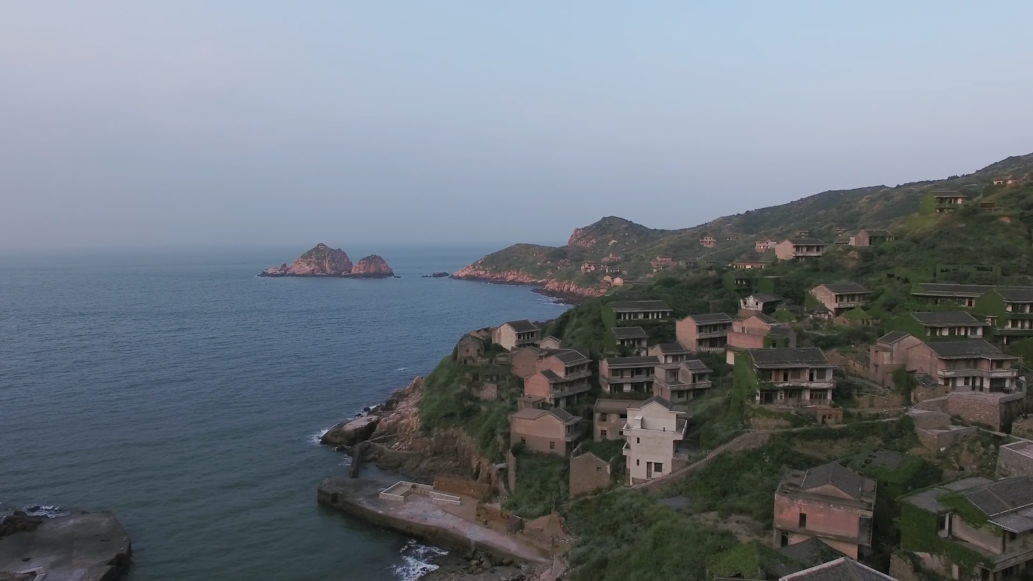
Zhoushan archipelago, northeastern coast of Zhejiang Province. /By CGTN
Zhoushan archipelago, northeastern coast of Zhejiang Province. /By CGTN
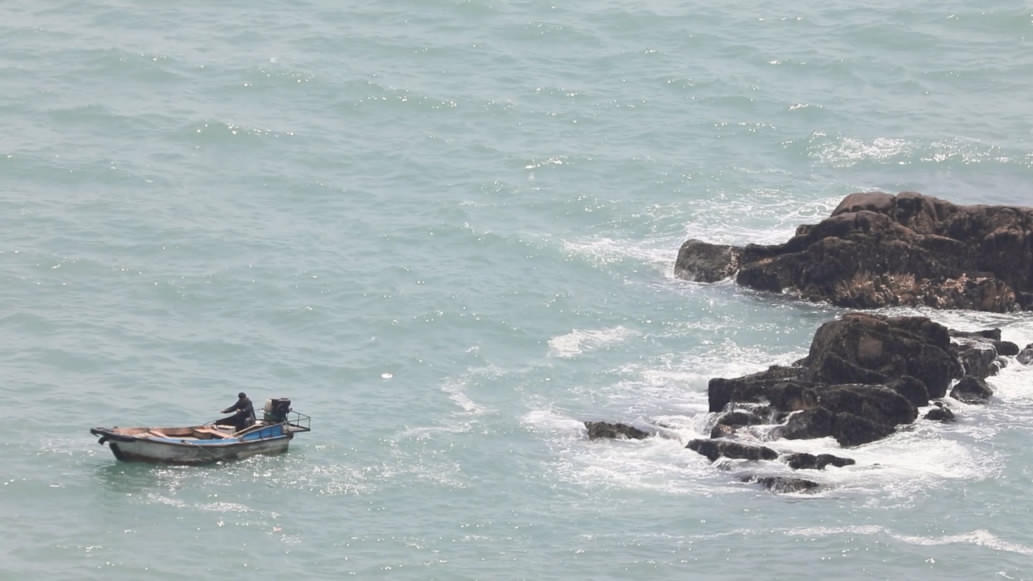
CGTN Photo
CGTN Photo
Due to a lack of resources to sustain a tourism industry, some small islands are losing their residents.
Chen Mo, a professor in the School of Humanities of Zhejiang Ocean University, calls them "the lost islands":
"With the decline of fishing and the rise of urbanization, many fishermen have quit fishing and moved to larger islands with better living conditions, only to leave elderly people and dilapidated houses behind."
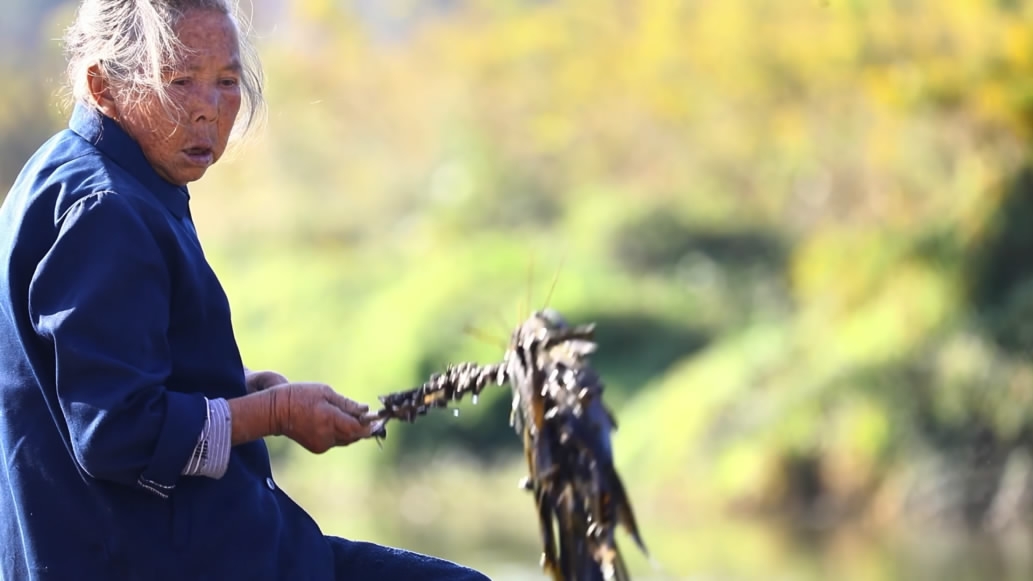
CGTN Photo
CGTN Photo
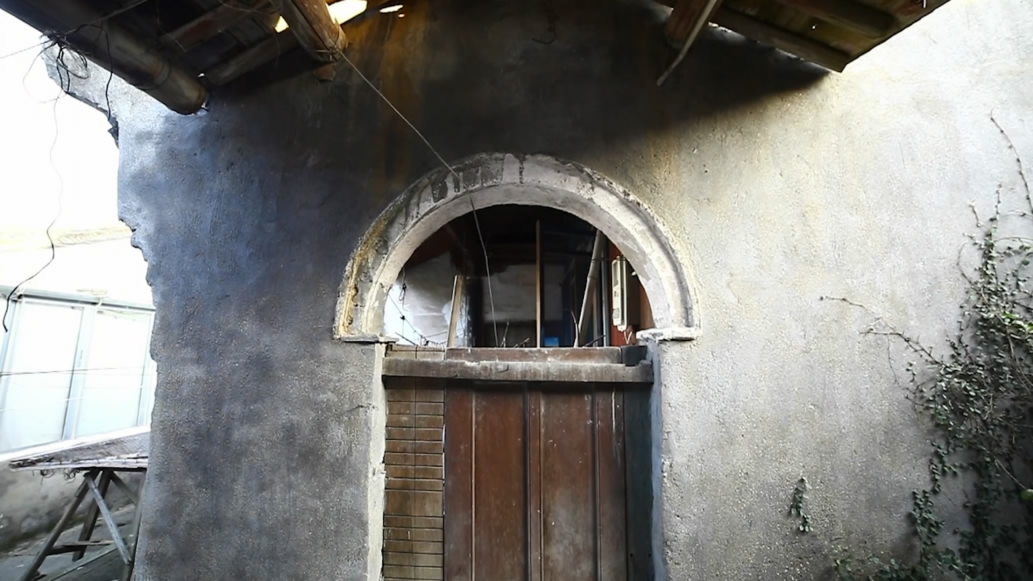
CGTN Photo
CGTN Photo
Chen wanted to make a change and save the culture of fishing, as well as raise locals' income.
In 2014, she set up the "Workshop for Art" with a group of students who were also fond of art and humanities.

Chen Mo, a professor in the School of Humanities of Zhejiang Ocean University. /By CGTN
Chen Mo, a professor in the School of Humanities of Zhejiang Ocean University. /By CGTN
They came to the isolated Xuanshan Island. Matiaotou village would be the pilot point for their remodeling program called "House for Island Homestay".
Chen's plan was different from the stereotyped commercialization.
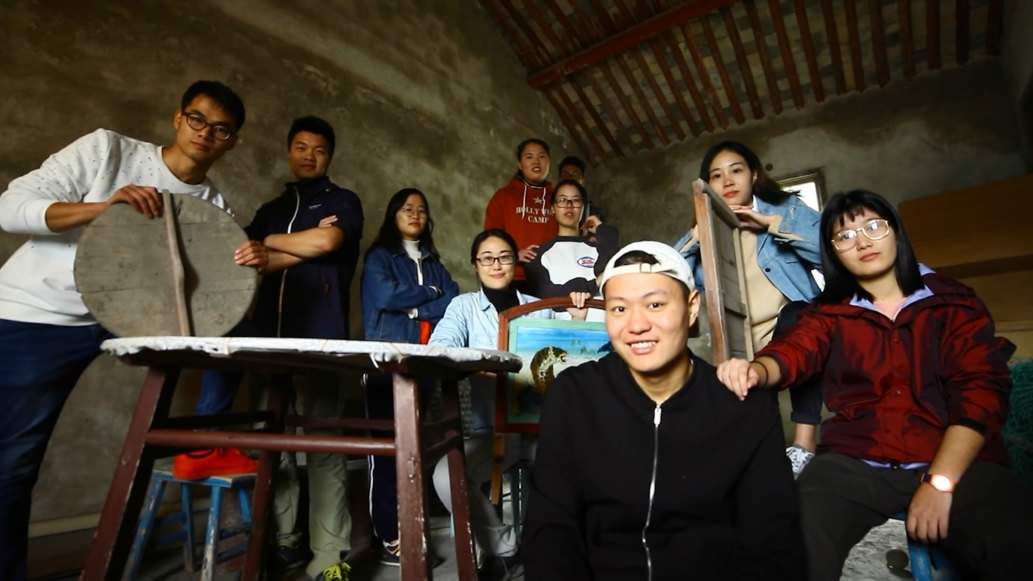
CGTN Photo
CGTN Photo
"What we do is restore the island's culture and the original appearances of old houses. Driftwood or boards from old ships, anything can be used. We want to show that things are different here from the outside world."
It's a zero-cost ecological transformation. Common things like pebbles and old tires can be redesigned and reused. These things preserve the characteristics of the villages, while carrying the hope for a better future.
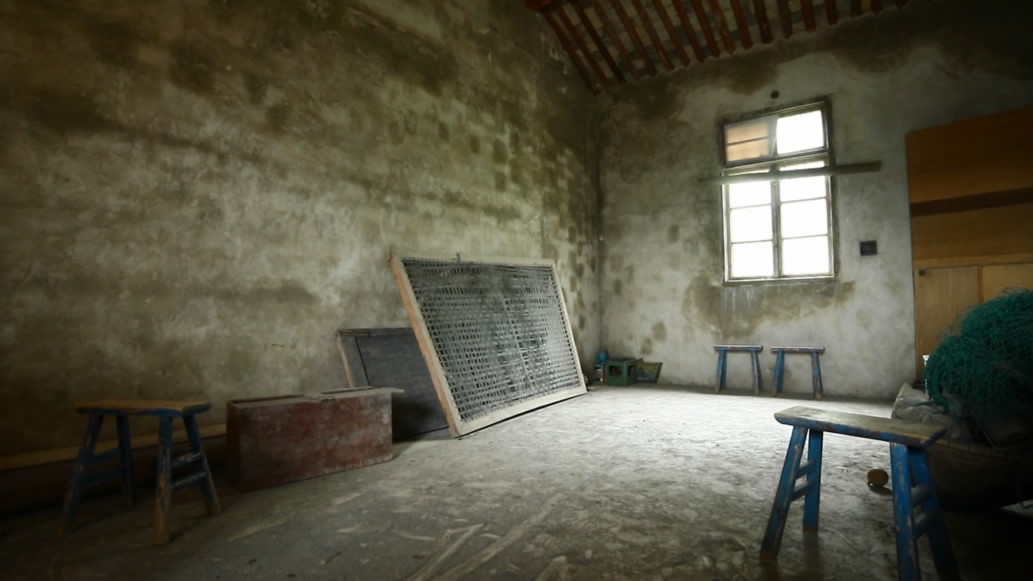
Before its transformation. /By CGTN
Before its transformation. /By CGTN
Even without the impact of modern industries, time is always eroding and weathering this lonely island.
"What I want to do is to save them before they are taken by time," Chen says.
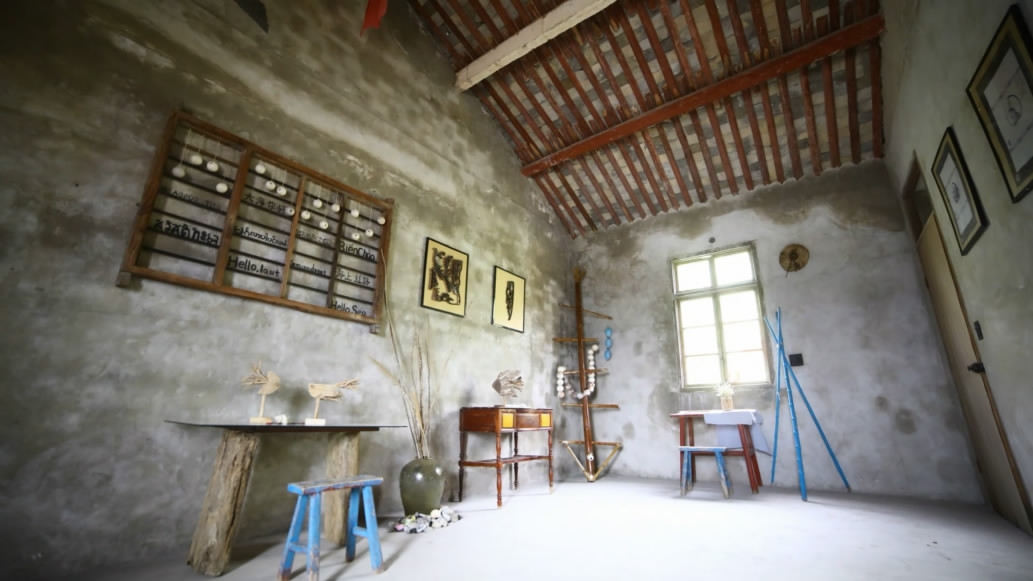
After its transformation. /By CGTN
After its transformation. /By CGTN
Their first project was a hostel transformed from a deserted health station.
Experimental projects like galleries and libraries were conducted one after another.
Young people are attracted to this island and the income of the local elderly population has increased 30-fold.

CGTN Photo
CGTN Photo
The crew of the program has so far carried out the investigation and design of ecological restoration for many homestays, rejuvenating the islands on the verge of desolation.
The charity program has also won several provincial awards.

CGTN Photo
CGTN Photo
"Only by the people who actually live here, can the culture be carried on," says Chen Mo.

The story is one in The 1.3 Billion series exploring the diverse lives that make up China.
The story is one in The 1.3 Billion series exploring the diverse lives that make up China.

SITEMAP
Copyright © 2018 CGTN. Beijing ICP prepared NO.16065310-3
Copyright © 2018 CGTN. Beijing ICP prepared NO.16065310-3